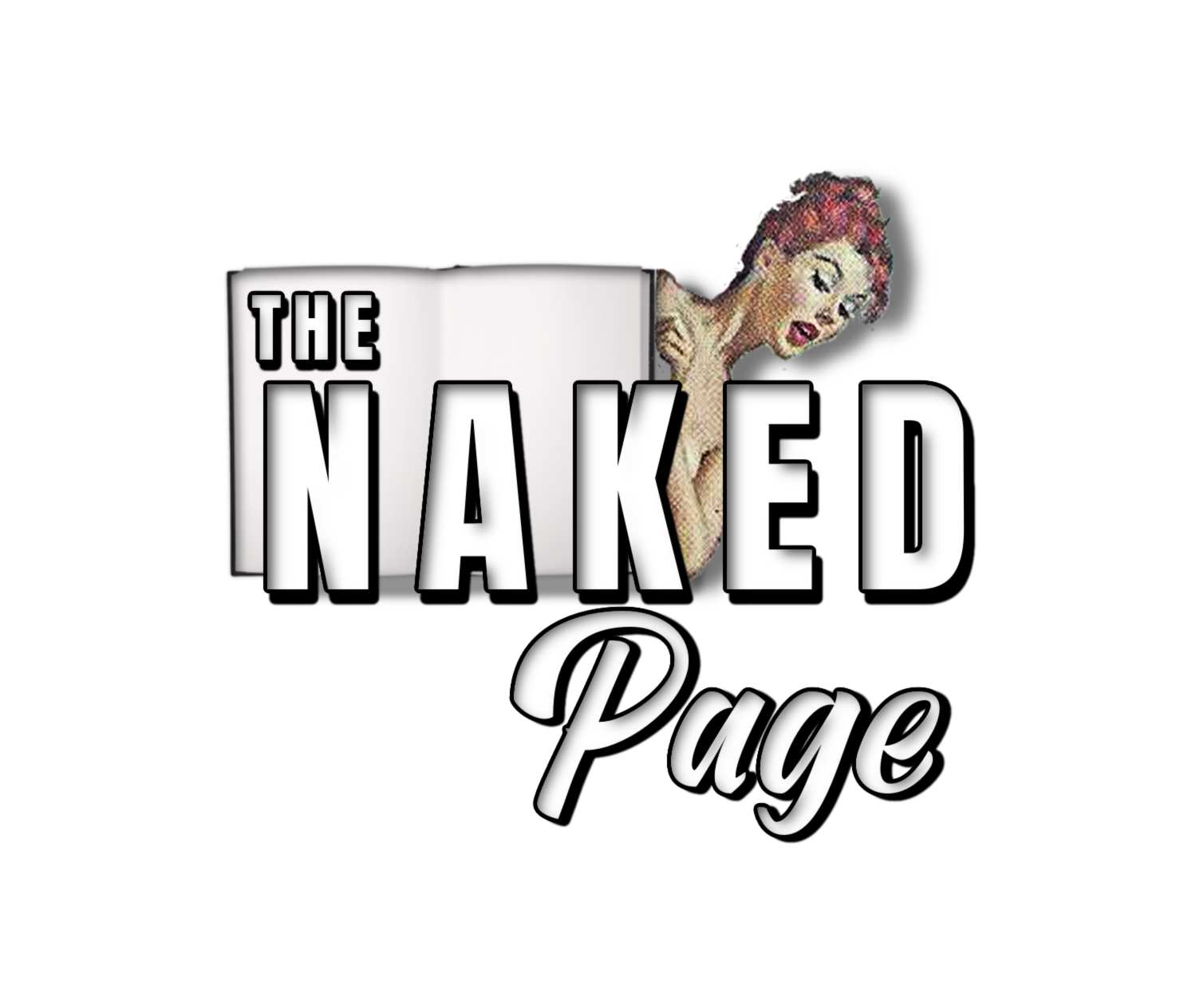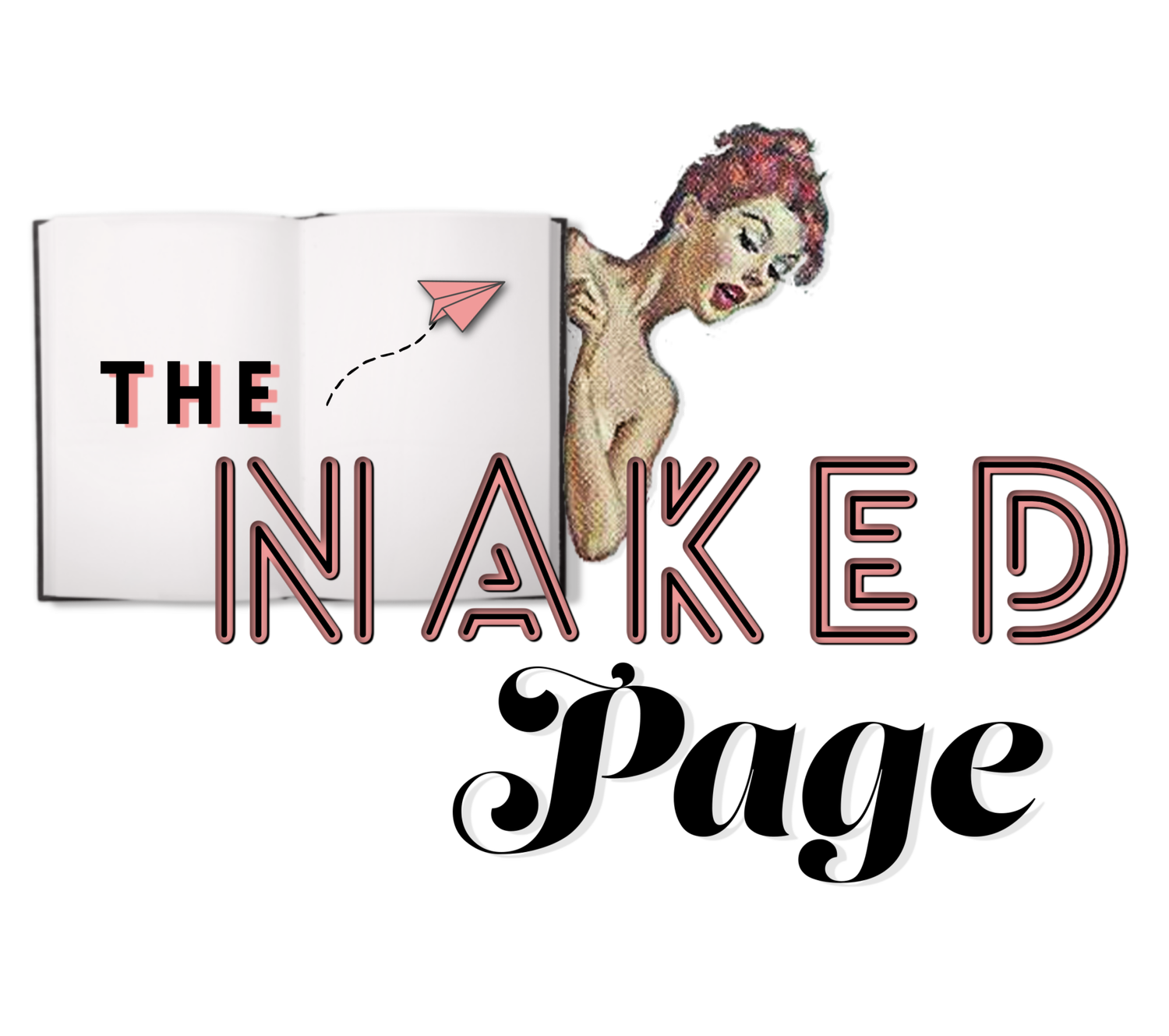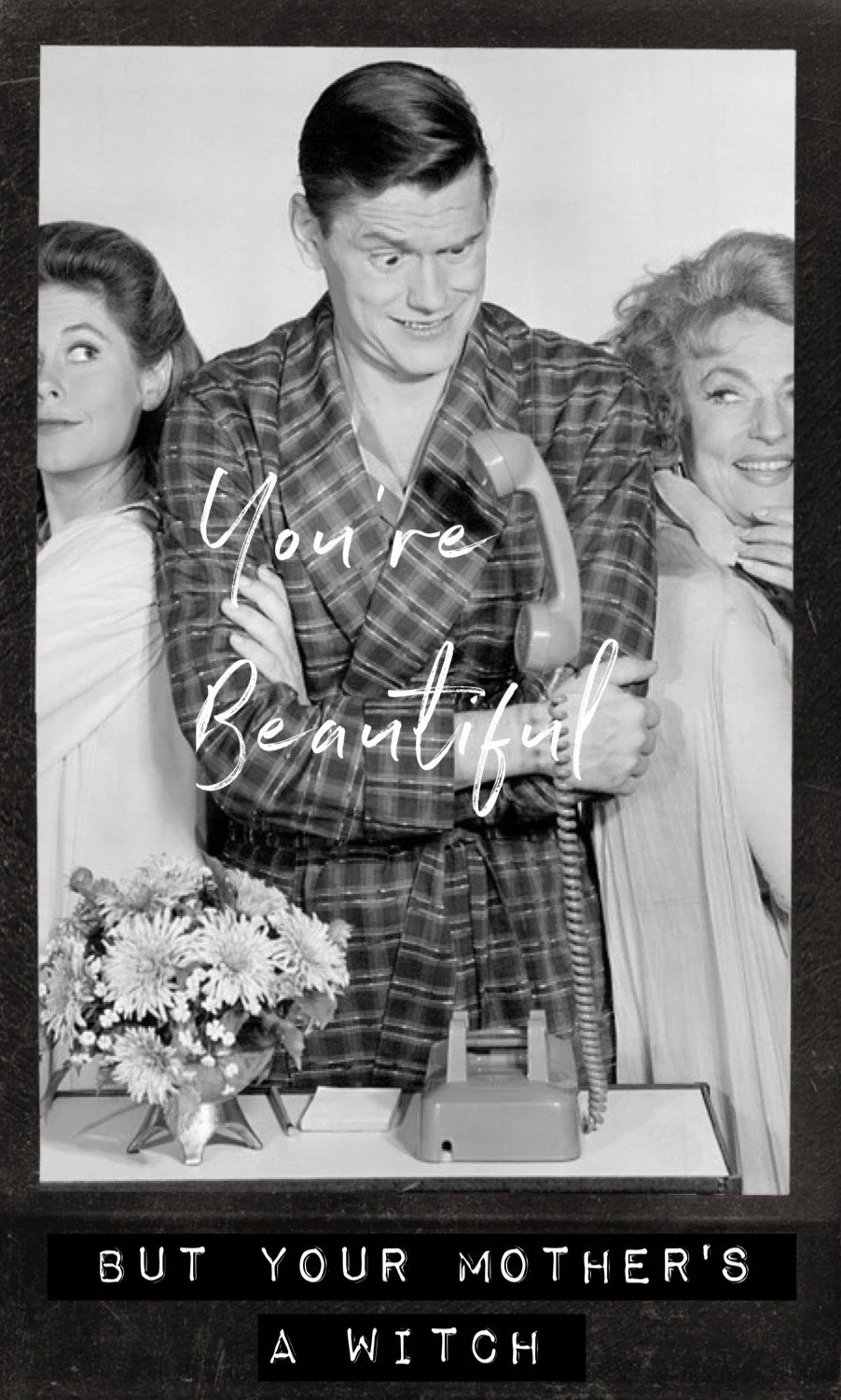Vague Descriptors: One of These Things is Not Like the Other
Let’s play a game. Which one of these things is my biggest problem?
a. my mother-in-law
b. the word beautiful
c. the editing process
Stumped?
Okay, I’ll break it down for you.
My mother-in-law and I have a lot in common. We’re chatterboxes, we’ve both worked in the airline industry, and I know she’s dedicated to caring for my daughter—her granddaughter.
Our one big difference? My MIL’s an extrovert. I’m an introvert who pretends to be fine in a big gathering, but I avoid family events like a skunk by the side of the road.
My MIL grew up with eight siblings, while I was an only child. Sure, I can make conversation, connect, and act like I’m having a good time. But the truth is these gatherings wreck me. Still, I’m happy that my daughter, a social butterfly, will have a big, accessible family on my husband’s side. So, I love my MIL.
Guess what else I love?
If you know what I do for a living, you can figure it out.
Yep. I adore the editing process. I’m a big fan of having the courage to write your truth. But I’m an even bigger fan of the metamorphosis of processing that truth into something even more profound.
“That’s what editing is. Pure transformation.”
But if I’m honest, as much as I love the experience, it isn’t easy. At best, editing feels like being forced out of your comfort zone. At its worst, it can feel like cutting off an arm. It’s challenging work to dredge up your past, relive it, inspect it, choose its best side, and share it with others.
If this is your first time editing your work and you’re finding resistance to the process, know the experience will be worthwhile on the other side. But you’ll have to roll up your sleeves and get to work first.
Editing teaches you how to move mountains in your writing—literally, you can delete the word mountain from one chapter and drop it into another. I kid, but it’s not as easy as it sounds. Shifting around your story can be a panic-inducing process. You’ll worry about losing the pieces of your writing you loved most. And whether or not your words convey the feeling you’re trying to express. But if you keep adding skills to your self-editing toolbox, you’ll learn to move literary mountains.
And that’s exactly why I’d rank editing as my number one passion.
Sorry, MIL, I love you and your big family, but sometimes I just want to spend my time editing. There’s something about those tangible results from producing a manuscript that doesn’t compare to anything else.
“Writing and editing have saved me in ways that another person never could. ”
After I endured a missed miscarriage—meaning the baby’s heartbeat stopped—it was writing that got me through my darkest times. If you see me on the streets and want to ask me about my miscarriage, feel free. I can talk about that grief as I talk about the weather because my writing and revisions were what allowed me to process it. My miscarriage wasn’t pleasant to describe in detail. But after several drafts, the words became malleable and I found I had control over how I interpreted the experience.
That’s the gift of editing. Writing for me is not just about self-expression, it’s about self-preservation. So, now you know I love my MIL and editing. That brings us to the real problem on the list.
You guessed it! The word beautiful.
What’s that you say?
Sure, go ahead and call me a monster. It’s true, I detest the word beautiful. But hear me out.
The word is overused and says nothing.
What’s it even describing?
Only the beholder knows. And that’s the swiftest way to cut off your reader.
We don’t know what beauty looks like through your eyes unless you show us. You must define what’s beautiful to you. Give me a full description. And once you’ve done that, take that description and add it everywhere you’ve used the word beautiful.
Catch my drift?
You know those ads proclaiming to help you write and publish a bestselling book in 90 days? Ever read anything those marketers have written? It’s usually vague spiritual or common sense advice wrapped up in a bunch of unclear descriptors.
If anyone makes big, bold claims using these useless modifiers, RUN!
Beautiful
Crazy
Absolutely
Awesome
Very
Really
Perfect
These empty words won’t give your story any depth.
How in the hell is a reader supposed to know what your idea of beauty is? By using these words, you’ve decided that you and everyone else on the planet see the world exactly the same way. Is that fair?
If you need to add a modifier in dialogue to accurately represent someone’s lingo, that’s one thing. I’ve also seen beautiful juxtaposed against a contrasting word in a title. Messy. Barbaric. Savage. Those works. It makes me think of the Netflix documentary Ugly Delicious about yummy street food.
But don’t use one of these useless modifiers as your only descriptive phrase in a piece of prose. Do you expect your audience to read your mind?
I know it can be confusing. We live in an age where our newsletters, blog posts, and emails are super casual and conversational. Generalizations seem to be in vogue. But if a reader opens your brand new book, the one you’ve been chipping away at for years, and it’s littered with vague descriptors that don’t provide any substance, they’ll close that cover faster than you can gobble up all your Jason Momoa’s Girl Scout cookies.
People want a piece of you when they read your story. They’re expecting some big revelation on how you see the world. The enlightenment only you can bring.
If your book is nondescript, you won’t set yourself apart from anything else on the market.
Of course, pinpointing with accuracy the things you see, feel, and hear sets you up for a challenging writing process. It may freak you out. It might even force you into bed to take three naps a day like I did when I was writing about my medical trauma. It could make you territorial and prevent you from attending big family gatherings while you come to terms with the deeper meanings of your writing. But I promise you, if you make that commitment to work through it, you’ll get results at the end of the editing process.
And your readers will get a realistic peek into the world you’re creating for them. Not just a postcard of the Eiffel Tower we’ve all seen a million times before.
“Wish you were here—but you’re not, so you won’t get a real sense of what I’m experiencing. Too bad, so sad. I’m too in love with my vague descriptors to let you in on what’s really happening here in Paris. Ummm… can you smell that freshly baked French bread? Taste those pastries? Nope? Well, they’re beautiful and delicious. Gotta run.”
Your writing is a chance for your readers to live vicariously through you. They can’t do that if you only use vague words to convey your surroundings. If you need a refresher on how to energize your exploration of sensory observations, check out Start with Your Senses.
Hold the phone.
What if relying on vague descriptors doesn’t mean you’re a terrible writer? *Ready for a little therapeutic nudge? Wink. Wink. Nudge. Nudge.* What if you haven’t yet reached that place where you feel comfortable describing your experience warts and all? Maybe vague descriptors are simply stand-ins for areas of your writing that’ll need more attention during your revision process.
WHATTTTTTTT?! Could it be?
That’s right. Maybe these nondescript words are simply the crutch you need now. And only until you’re ready to level up your writing. Think of them like a secret code. When you re-read your words, your useless modifiers will alert you to spots where you must deal with anxiety, grief, or depression. They’re a signal to go deeper into both your emotions and your writing.
“Writing our truth requires us to re-experience and re-examine our pain. It takes time to work up to that kind of realness. ”
There’s nothing wrong with this approach at all. By using useless modifiers and nondescript words first and then changing them as you become more comfortable, you’ve created a method for diving into the revision process with courage and control.
Describing my own medical injury was no cakewalk. The useless modifiers lit up my early drafts because I was resistant to reliving those experiences.
Admitting on paper that I’d endured medical malpractice where my kidney was injured meant facing physical and emotional trauma again.
It’ll take time for you to work up to that kind of realness. So much of writing our truth requires us to re-experience and re-examine our pain. So, don’t think of vague descriptive words as an easy way out. Consider them placeholders for heavy material that isn’t quite ready to be exposed, yet.
Here are two ways you can tackle vague descriptors and useless modifiers in your writing.
Approach #1—Easy Does It:
Write your entire rough draft and allow yourself to use vague descriptors when needed.
Be aware that you’re using the descriptors as placeholders and you’ll need to return and rewrite these sections with more in-depth detail.
Take one vague descriptor at a time and expound on each one.
Determine what you are really trying to say.
Are there unhealed wounds that these words are concealing?
When you’re ready to dive into the depths, imagine you have to describe a visual image to someone who’s blind. Every time you find a useless modifier, think of how you could more clearly define that visual picture to someone who can’t see it. Remember, they are relying on you to create an image for them.
Take breaks if the work becomes too overwhelming. You can always return to your manuscript when you’re rested. At that point, you’ll be better able to identify the vague descriptors that need to be removed.
Approach #2—Rip the Band-Aid Off:
Don’t allow yourself to write with any vague descriptors at all.
If you hear a word like painful or beautiful in your head, refuse to write it down.
Instead go right to the gut. Detail exactly what you remember in visceral language. Feel those feelings immediately.
This approach isn’t for everyone. The benefit of this practice is that while you may struggle to deal with the experience in your first draft, you’ll get it out of you by writing it down. Once it’s there you’ll be able to come back to it repeatedly during the revision process. Each time you approach the work, that experience will get easier to manage. By the end of the writing process, you’re far more likely to have dealt with the troubling event, emotionally and on paper.
The truth is no matter how you approach vague descriptive words, they must be removed from your final manuscript.
These words don’t provide enough information on their own to be effective in reflecting an emotionally compelling story for your readers. This is precisely what makes writing a bestseller so hard.
Ask yourself what kind of beauty you want to give your readers:
a sunset in the South of France at a bistro with your hot new lover?
the face of your child on the day they were born after a 48-hour labor?
an ancient goddess as she’s utilizing all her power to bring gifts to the human race?
We’ll only know the beauty you behold when you share it with us.
You owe it to your readers and your own writing to craft a story that will leave a lasting impression. That’s how writers connect in the most intimate way. And in intimacy there’s true beauty.
Update 4/2/2023:
Cheryl Strayed’s book Tiny, Beautiful Things is an example of breaking the rules to make a bigger statement. Yes, she is indeed stringing together a series of nondescript words. But it’s a cheeky way of gaining our interest because we can’t help but ask what are these tiny, beautiful things. Anyone who’s read Strayed’s work knows she’s nothing if not gut-wrenchingly specific and descriptive between the pages. When you discover this book is a series of essays from her time as an anonymous advice columnist, the title starts to reveal so much more than what those individual words could say independently.
It reminds me of another artistic rule breaker: Sweet Dreams (Are Made of This) by the Eurythmics. If you look at that famous chorus, it’s just a bunch of cliches strung together. But for some reason when they are stitched together into a song, they start to feel mysterious and ethereal. Alone, they’re simply statements of no importance. But together the words provide a powerful portal into our unconscious. Wow!
Yes, there are word rule breakers that work! No doubt. But it takes time to learn this kind of skillful wordplay.


